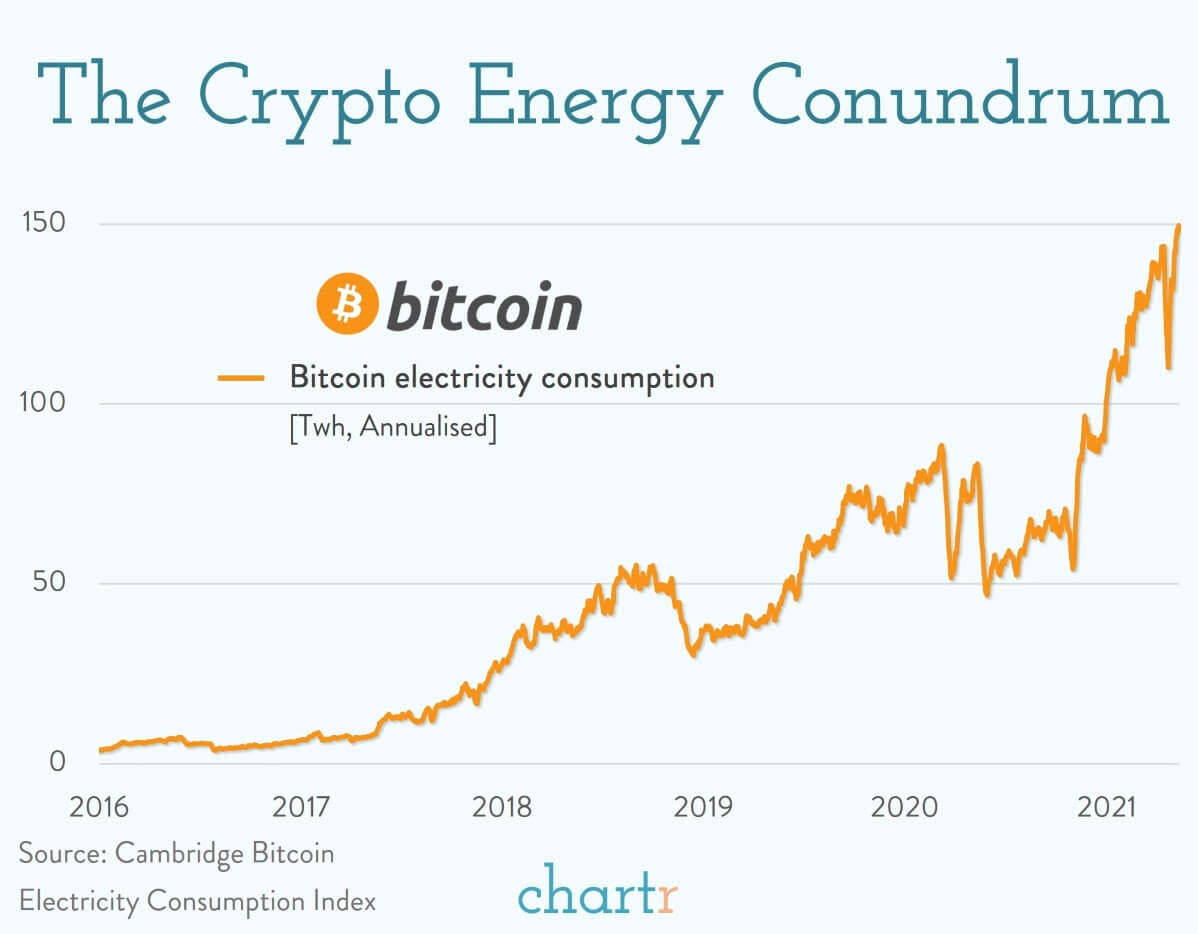The weekend is here! Pour yourself a mug of Vista Alegre coffee, grab a seat in the sun, and get ready for our longer form weekend reads:
• The Secret Origins of Amazon’s Alexa In 2011, Jeff Bezos dreamt up a talking device. But making the virtual assistant sound intelligent proved far more difficult than anyone could have imagined. The first-ever depiction of a device with Alexa—the artificially intelligent virtual assistant that Bezos would name after the ancient library of Alexandria—showed the speaker, a microphone, and a mute button. It wouldn’t be able to understand commands right out of the box, so the sketch identified the act of configuring the device to a wireless network as a challenge requiring further thought. (Wired)
• What is economic growth? And why is it so important? Poverty, prosperity, and growth are often measured in monetary terms, most commonly as people’s income. But while monetary measures have some important advantages, they have the big disadvantage that they are abstract. In the worst case monetary measures – like GDP per capita – are so abstract that we forget what they are actually about: people’s access to goods and services. (Our World In Data)
• Transforming Tata: India’s largest conglomerate needs to reimagine itself. Four generations and more than 150 years after its founding, Tata is not only still standing but essential. Just this week, the company aided in India’s coronavirus response, agreeing to contribute 800 tonnes of oxygen per day to health facilities in need. Far from an isolated example, such civic-mindedness is at the heart of Tata’s history, no doubt part of the reason its referred to as India’s “parallel government.” Over a century and a half, the conglomerate has supported (and commercialized) Indian life, unlike any other company. In the process, Tata has constructed a dizzying tessellate of over 100 businesses, from automobiles to apparel, steel production to tea. (The Generalist)
• America’s Post-Pandemic Geography Even as vaccination increases across the United States and an end to the tragedy of the Covid-19 pandemic seems in sight, the economic, fiscal, political, and geographic fallout from the virus cannot be overstated. The pandemic will pass, and the economy will revive, as it is already doing. But in geographic terms, today’s Covid-precipitated crises may well prove to be the most transformative event that America has experienced since the great migration to the suburbs after World War II. (City Journal)
• The Key to the Energy Crisis Lies in a Ron White Joke For the U.S. to begin producing more renewable energy, the renewable energy that’s generated must have somewhere to go. Today, that can’t happen because there isn’t one unified U.S. grid. There is a nearly impermeable electrical seam that divides America’s power grids divided into three major parts: The Eastern Interconnection, the Western Interconnection, and Texas. While all three of these grids are connected, they operate almost entirely independently of one another, with little ability for one to send excess electricity to help meet the demands of another. (Institutional Investor)
• How the Personal Computer Broke the Human Body There was really no precedent in our history of media interaction for what the combination of sitting and looking at a computer monitor did to the human body. Unlike television viewing, which is done at greater distance and lacks interaction, monitor use requires a short depth of field and repetitive eye motions. (Vice)
• The Great Online Game: How to Win the Internet The Great Online Game is played concurrently by billions of people, online, as themselves, with real-world consequences. Your financial and psychological wellbeing is at stake, but the downside is limited. The upside, on the other hand, is infinite. Social media is the clearest manifestation of this meta-game. Beginner-level Twitter feels weird, like a bunch of people exposing their personal thoughts to the world. Medium-level Twitter is Threads and engagement hacks. Twitter Mastery is indistinguishable from an ongoing game. This is also true for Reddit, Discord, Instagram, TikTok, Facebook, and other social networks. (Not Boring)
• Juul Finds Hell Hath No Fury Like an Army of Really Rich Parents If you want to turn a secretive hedge fund manager and his deep-pocketed allies into activists, hook their kids on vaping. An excerpt from the new book The Devil’s Playbook. (Businessweek)
• A Day in the Life of Wall Street Shows NYC at Cusp of Comeback While the biggest banks prepare to bring workers back, a city of financiers gets shoes shined, hair dyed and beer-battered crab for lunch. (Bloomberg)
• When Is the Revolution in Architecture Coming? Something is terribly wrong with architecture. Nearly everything being built is boring, joyless, and/or ugly, even though there is no reason it has to be. The architectural profession rewards work that is pretentious and bland. The cities we build are not wondrous. (Current Affairs)
Be sure to check out our Masters in Business interview this weekend with Danny Kahneman, winner of the 2002 Nobel Memorial Prize in Economic Sciences and author of Thinking, Fast and Slow. His empirical findings with Amos Tversky challenge the assumption of human rationality prevailing in modern economic theory, and established a cognitive basis for human error. His latest book is Noise: A flaw in human judgment cowritten with Oliver Sibony and Cass Sunstein.
The Crypto Energy Conundrum

Source: Chartr
Sign up for our reads-only mailing list here.
~~~
To learn how these reads are assembled each day, please see this.

